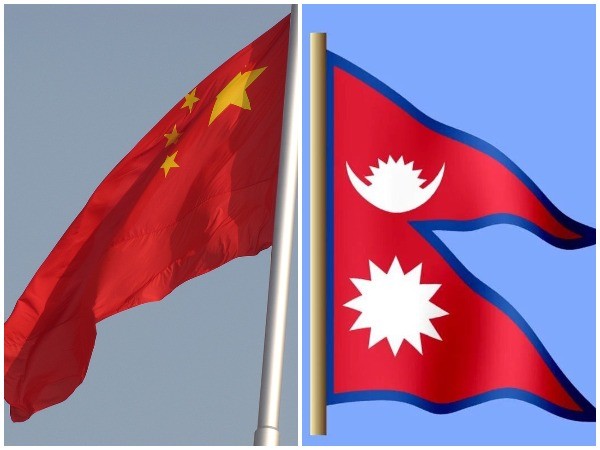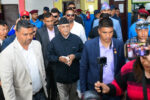KATHMANDU: Chinese aircraft purchased in 2014 has turned into a liability for Nepal due to its functionality and performance, said a media report, adding that the sales of this equipment are meant to benefit only Chinese companies and the Himalayan nation finds itself in a vicious circle of the debt trap.
Nepal had acquired these aircrafts from China in 2014. In July 2020, Nepal Airlines stopped operations of all of its Chinese aircraft, including two Xian MA60s, and four Harbin Y12s, The HK Post reported. China is known to supply sub-standard equipment that requires heavy maintenance charges.
The Nepali airlines claimed it could not afford to fly the aircraft, and thus these planes were grounded until further notice. Nepal Airlines had bought these planes on loan. Since then, the carrier has been struggling to make payments, especially since these aircrafts have not been fully utilized.
As per the deal, the Nepali government has to pay to the Chinese side an annual interest rate of 1.5 percent and a service charge and management expenses amounting to 0.4% of the overall loan amount taken by the Ministry of Finance. The ministry then charges the Nepali carrier 8% annual interest on the amount of the disbursed loan, The HK Post reported.
A Nepal Airlines board member disclosed that this was the carrier’s worst decision. Moreover, the Y12 aircraft has long been questioned for its functionality and performance.
A local media had then reported that the “Chinese government said Nepal would have to buy a number of aircraft if it wanted some for free.” The deal took place in 2012. As a result, China gifted one MA60 and one Y12 to Nepal Airlines two years later, The HK Post reported.
The warranty period of these aircraft expired this year and they are still grounded. China sold these aircraft to Nepal nine years ago and did not bother to help Nepal in capacity building to operate these aircraft. Nepal Airlines is still short of trained crew/engineers, technical support to carry out major maintenance work on these aircrafts. It needs spare parts and Life Limited Parts for at least three years to ensure the smooth running of these planes, the report said.
Meanwhile, in November 2011, when the sale for the aircraft began, technical teams from both Bangladesh and Nepal had visited China to inspect the MA60s and Y12s. While Bangladesh had deemed the aircraft “not suitable”, Nepal went ahead and signed an agreement with the Aviation Industry Corporation of China (AVIC) to procure six aircraft. It appears Nepal was forced to acquire the aircraft, said the report.
Meanwhile, AVIC has reportedly given notice to Nepal Airlines Corporation (NAC) to pay all the debts accrued on purchase of spare parts, training, tech support and instrument purchase/installation before NAC even starts to think about re-operating these aircraft. The absence of knowledge and technology transfer by China to recipient countries renders them vulnerable.
Serious questions have been raised about operational capability, durability, post-sales service and maintenance of Chinese equipment. They have only turned out to be ‘White Elephants’ for recipient countries, The HK Post reported. (ANI)









Comment